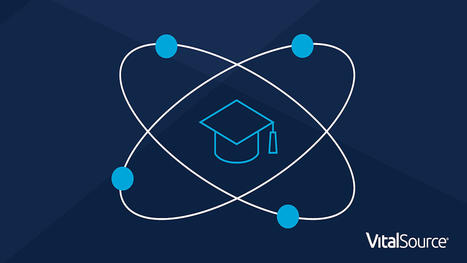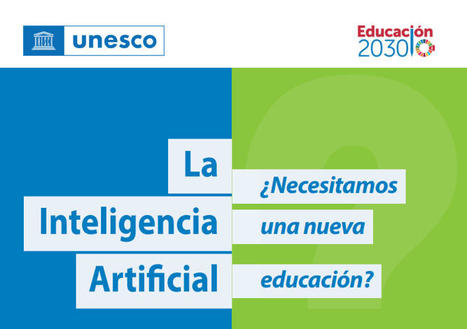Since its release a few months ago, add-ons store for Google Forms has several interesting tools added to it. We have gone through these apps and selected the most popular ones there. You can use these add-ons on your forms to add more features and options such as : sending custom emails based on responses, eliminate an option from a multiple choice list after user has submitted it, populate multiple choice lists and grid options from columns in any Sheet, and many more.
Get Started for FREE
Sign up with Facebook Sign up with X
I don't have a Facebook or a X account

 Your new post is loading... Your new post is loading...
 Your new post is loading... Your new post is loading...

EDTECH@UTRGV's curator insight,
April 17, 12:37 PM
"From the Gutenberg press to online math classes, technologies that improve access to quality learning opportunities are routinely dismissed by critics and skeptics, especially by those who hold the reins in the classroom." 
EDTECH@UTRGV's curator insight,
April 18, 10:08 AM
"[L]earning by doing is not a new concept. But increasingly research confirms, or reaffirms, that hands-on and real-life experiences are meaningful ways of teaching people when reinforced by traditional methods." |

EDTECH@UTRGV's curator insight,
April 17, 12:32 PM
"We’re hearing that AI is going to take our jobs, watching as it moves into the realms of marketing and design – and even art and music. It’s a familiar fear, revisited whenever technology proves itself as – or more – capable of a task previously assigned only to humans." |




![[PDF] The emerging AI divide in the United States | Edumorfosis.it | Scoop.it](https://img.scoop.it/_-5F1BbmABwk2Ox0Y996Qzl72eJkfbmt4t8yenImKBVvK0kTmF0xjctABnaLJIm9)

![[TEDxSNHU] The art of being human in the age of AI (George Siemens) | Edumorfosis.it | Scoop.it](https://img.scoop.it/-P7lGH987cGb6pDWCuZSNDl72eJkfbmt4t8yenImKBVvK0kTmF0xjctABnaLJIm9)
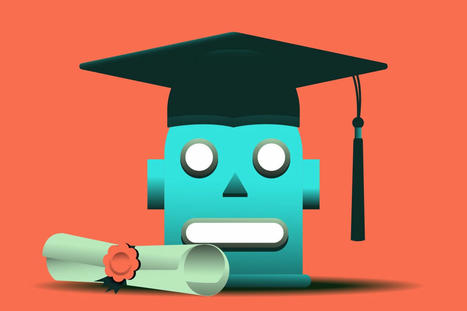
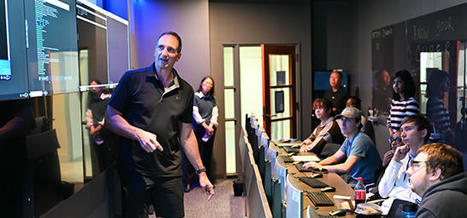



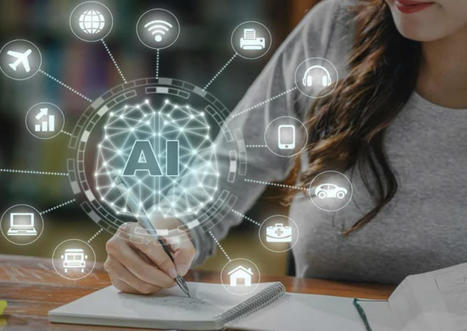
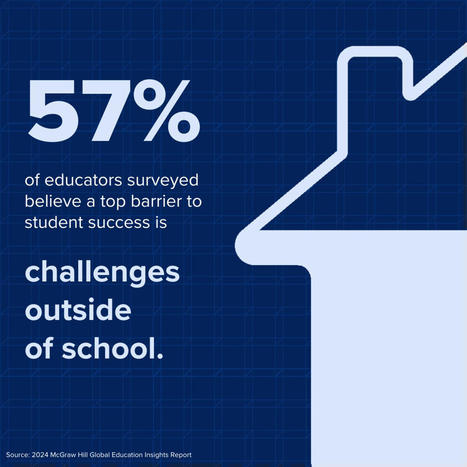

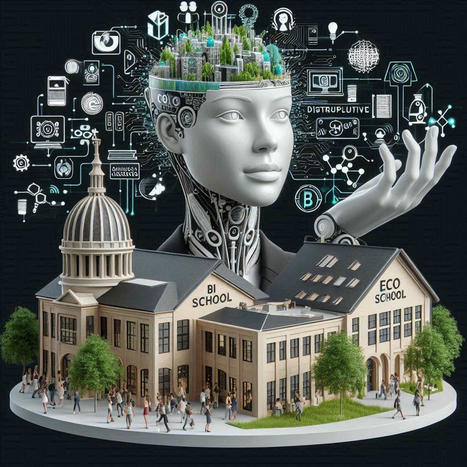
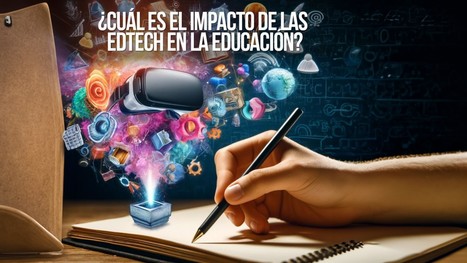

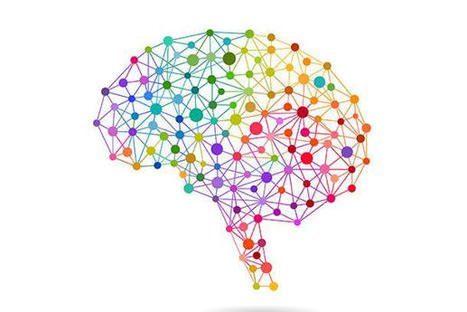


![[PDF] The Artificial Intelligence Assessment Scale (AIAS): A framework for ethical integration of Generative AI in Educational Assessment | Edumorfosis.it | Scoop.it](https://img.scoop.it/uimUAV27fdEHAlkbkPpa_Tl72eJkfbmt4t8yenImKBVvK0kTmF0xjctABnaLJIm9)
![[PDF] AI Policy Framework | Edumorfosis.it | Scoop.it](https://img.scoop.it/keGz0j0VMc9mNkaEjxdLHzl72eJkfbmt4t8yenImKBVvK0kTmF0xjctABnaLJIm9)

